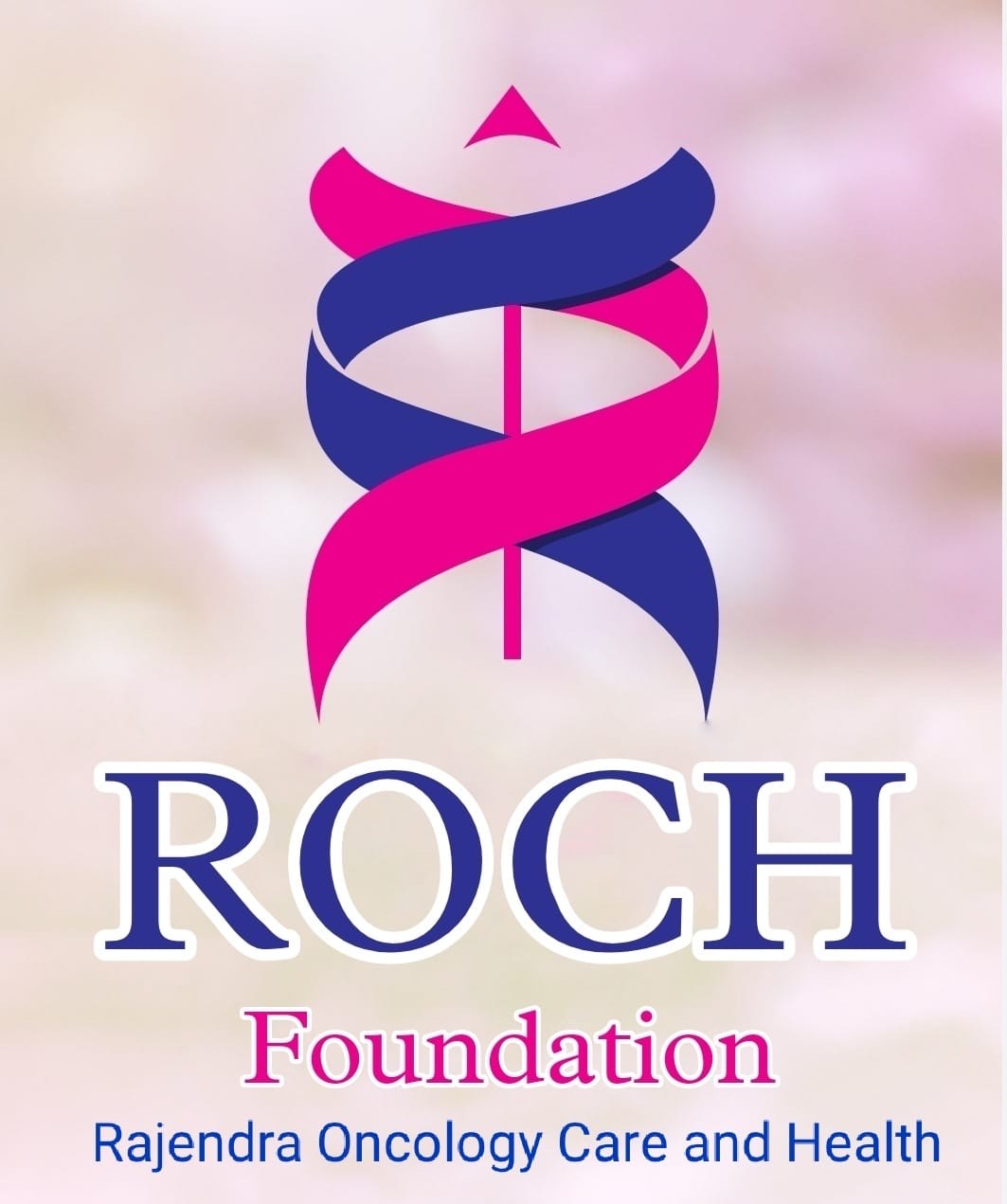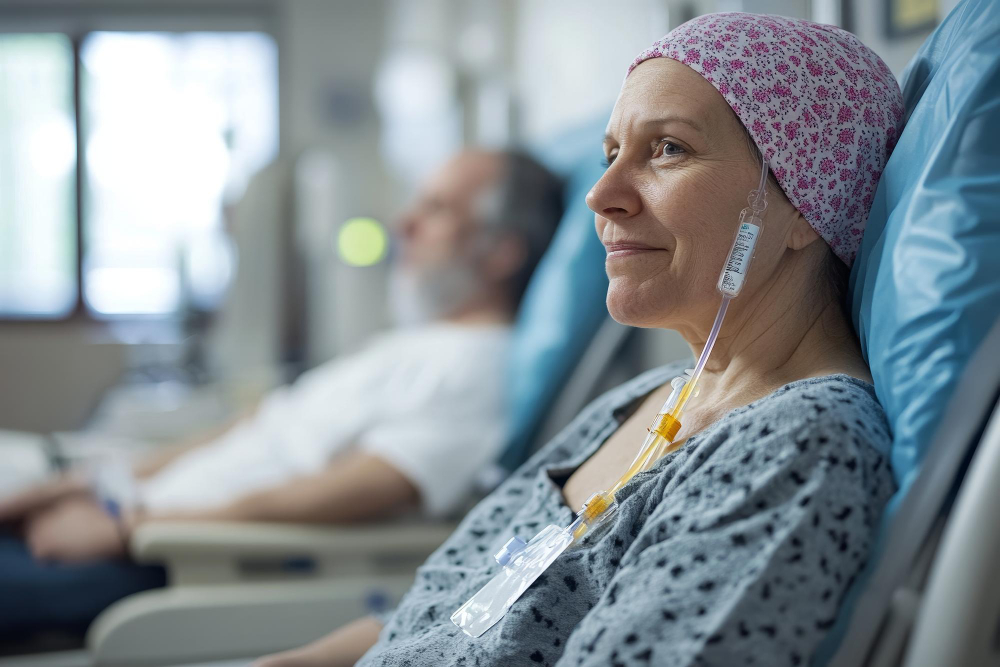By Dr. Hitesh R. Singhavi
Consultant Head & Neck Cancer Surgeon.
When we hear the word “cancer” in the same breath as “elderly”, it often sparks fear. Patients and families alike assume that age means weakness, vulnerability, and an inability to tolerate surgery, radiation, or chemotherapy. But here’s a reality check: age is not the barrier—it’s the baggage that sometimes comes with it.
Let’s unpack this idea.
Why Age is Misunderstood in Cancer Treatment
The World Health Organization defines elderly people as those aged 65 years and above. Today, they make up 8% of the global population, and this will double to 16% by 2050. Naturally, we’re going to see more senior citizens being diagnosed with cancer, including oral cancers, which are quite common in India.
Traditionally, doctors have been cautious—perhaps overly so—about treating older patients aggressively. The assumption? That they won’t be able to handle it.
But the science is evolving—and so should our mindsets.
What Does the Research Say?
In a recent study we conducted, we looked at patients over 70 years old with oral cancer and compared their outcomes with younger patients.
Guess what we found?
✅ No significant difference in survival between patients aged below 70 and those over 70.
✅ A majority of elderly patients (84.2%) completed their full treatment, including surgery and radiotherapy.
✅ Even with age-related challenges like diabetes or heart disease, most older patients handled their treatment remarkably well.
✅ Those who couldn’t complete therapy usually had poor overall fitness, not just old age.
In other words, it’s not about how old you are, it’s about how fit you are.
Chronological Age vs Physiological Age
Let’s break that down.
- Chronological age is your actual age in years.
- Physiological age is how healthy and functional your body is.
Two people who are both 72 can have very different fitness levels. One could be brisk walking every morning and managing their diabetes well; the other may be bedridden. Treating them the same would be illogical.
So why should treatment decisions be based only on age?
The Frailty Factor
Doctors today use tools to check not just a patient’s age, but their frailty—how much reserve their body has to bounce back from surgery or radiation.
Some of the things we assess include:
- Weight loss
- Strength
- Walking speed
- Energy levels
- Medical illnesses
This gives a far clearer picture of who can handle what.
Message to Patients & Families
📣 If you or a loved one has been diagnosed with cancer and are over 65, don’t let age alone scare you.
Instead, ask the right questions:
- “Is this decision based on age or actual health?”
- “Can we assess frailty or fitness levels before deciding?”
- “Is there a possibility of tailoring the treatment based on ability rather than assumptions?”
Many older patients live active, fulfilling lives and respond well to cancer treatment—sometimes better than younger ones with multiple risk factors.
Final Takeaway
Your age should never be the rate-limiting factor in cancer treatment. What truly matters is your overall health, performance status, and desire to fight.
Every patient deserves a fair chance. Let’s not let numbers on a birth certificate decide how we treat cancer.
Stay informed. Stay strong. And never let age define your fight against cancer.
– Dr. Hitesh R. Singhavi

